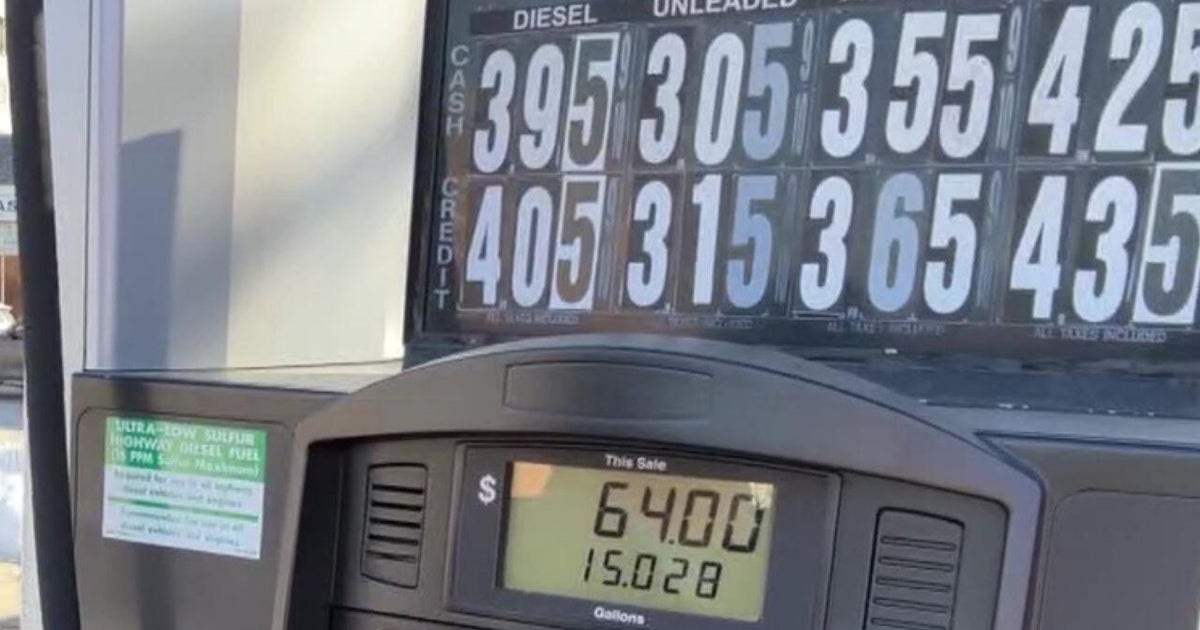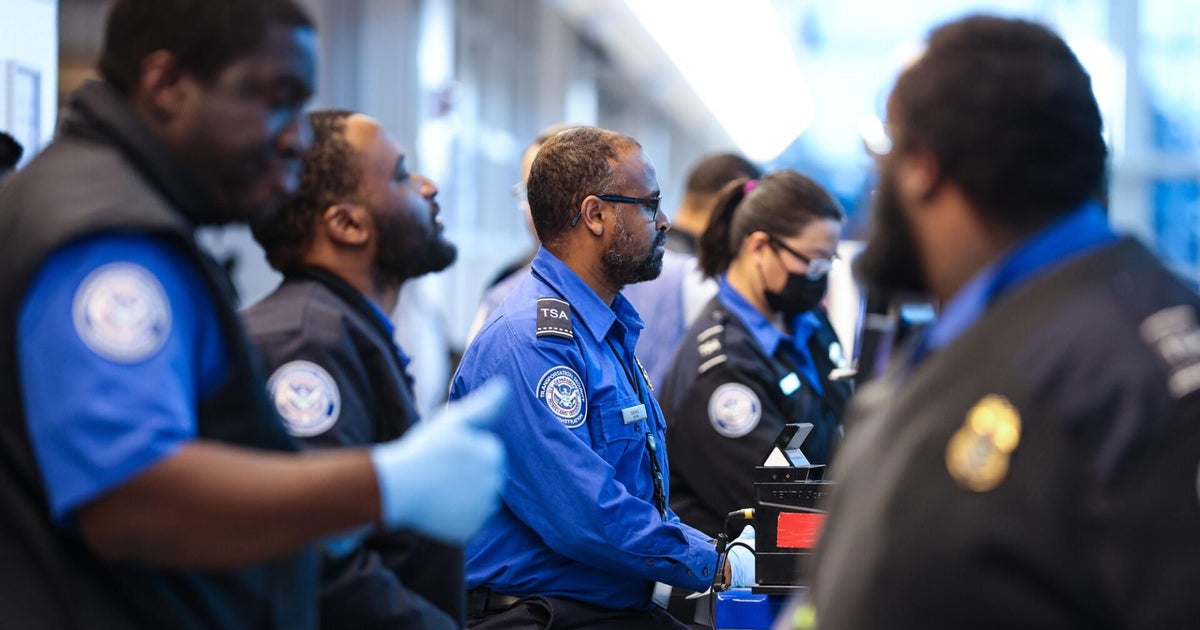Coronavirus Update: Low Gas Demand Leading To Marathon East Bay Refinery Shutdown
MARTINEZ (CBS SF) -- Workers at the Marathon Petroleum Co. refinery in unincorporated Contra Costa County began shutdown procedures Sunday as the facility prepares to be temporarily shuttered because of plummeting demand for gasoline amid COVID-19 coronavirus-related travel restrictions.
Work to wind down production at the Marathon Martinez Refinery began Sunday, said refinery spokeswoman Patty Deutsche, and will be complete by Monday, April 27. It isn't known how long production will be idled.
"It all depends on the pandemic, and when people start driving again," Deutsche said.
The refinery, which employs approximately 740 people, can process 161,000 barrels of crude oil per day. The refinery produces gasoline, diesel fuel, distillates, petroleum coke, propane, heavy fuel oil and refinery-grade propylene. The refinery does not produce jet airplane fuel, Deutsche said.
Gasoline demand, she said, has plummeted by 60 percent since the Bay Area's shelter-in-place order - which called for residents to curtail all but "essential" travel - was issued March 16. Diesel fuel demand has been down 30 percent during that time, Deutsche said.
"This is a really an unprecedented event that I think the refineries are scrambling to respond to," said Severin Borenstein of UC Berkeley's Hass School of business.
Borenstein studies the oil industry and called Marathon a major California producer.
"There's just way too much gasoline being produced, and the refineries have no place to put it. There's a limited amount of storage. And so somebody was going to have to stop producing. And the Marathon refinery in the Bay Area is the first one to go all the way to shutting down."
All refinery employees will be kept on, Deutsche said, doing maintenance work, keeping vital internal systems operating and undergoing training.
Contract workers, however, will lose their work at the refinery.
The shutdown began a oil futures plunged below zero on Monday, the latest never-before-seen number to come out of the economic coma caused by the coronavirus pandemic.
Stocks and Treasury yields also dropped on Wall Street, with the S&P 500 down 1.8%, but the market's most dramatic action by far was in oil, where the cost to have a barrel of U.S. crude delivered in May plummeted to negative $37.63. It was at roughly $60 at the start of the year.
Traders are still paying $20.43 for a barrel of U.S. oil to be delivered in June, which analysts consider to be closer to the "true" price of oil. Crude to be delivered next month, meanwhile, is running up against a stark problem: traders are running out of places to keep it, with storage tanks close to full amid a collapse in demand as factories, automobiles and airplanes sit idled around the world.
In pre-COVID-19 days, anywhere from 800 to 1,000 contractors could be working at the refinery on a given day, Deutsche said; that number has since fallen to about 200, she said, and will fall to almost zero by April 27.
It will take between seven and 14 days to get the refinery back to full production once the economy rebounds, she said.
The refinery opened in 1913, and was called the Avon Refinery, named for the unincorporated Contra Costa County area north of Concord and east of Martinez. Since then, operators have included Phillips, Tosco, Ultramar Golden Eagle and Tesoro. Marathon bought the refinery in 2018.
Marathon is the first East Bay refinery to take this step. Other area refineries are the former Shell (now PBF Energy Inc.) refinery in Martinez, the Valero refinery in Benicia, the Phillips refinery in Rodeo and the Chevron refinery in Richmond.
Marathon closed a much smaller refinery in Gallup, N.M. last week. Deutsche said Marathon's gasoline needs can be met for the time being by company refineries in Carson, near Los Angeles, and Anacortes, Wash.
Borenstein says other refineries in the state are likely to shut down or drastically reduce production.
Normally that would scare gas station owner Ali Mohammadi who says Marathon is his main supplier.
"Because of no demand, maybe it's not going to affect that much at all," he said.
Mohammadi says his business is down 80 percent and worries if he can keep the station open long enough to make it through the hard times.
"This is really hard for us. A financial hardship. I just hope everything goes back to normal soon, before we go bankrupt."







